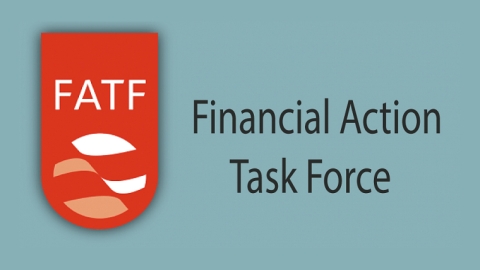Guest
Latest articles
Robert Patman looks at three possible reasons New Zealand is taking so long to make a call on AUKUS
‘City deals’ are coming to NZ – let’s make sure they’re not ‘city back-room deals’
Zhang Jun explains why rigorous evidenced-based assessments of the Chinese economy's performance can diverge sharply
Gold market commentary: Will the economic outlook encourage western investors to match strong demand from central banks and Asian buyers?
Our new vaccine could protect against coronaviruses that haven’t even emerged yet – new study
As New Zealand CBDs evolve post-pandemic, repurposing old or empty spaces should be on the drawing board, Jose Antonio Lara-Hernandez says
Todd Buchholz and James Carter thinks the US should have locked in favourable borrowing rates when it had the chance
Becoming a landlord while still renting? ‘Rentvesting’ promises a foot on the property ladder, but watch your step, James Graham says
Alessio Terzi and Gernot Wagner show why shrinking the global economy, as envisaged by the advocates of degrowth, is a very bad way to cut emissions
Katharine Moody argues the Fast Track Approvals Bill is a governance arrangement as bad as the partisan means through which US Supreme Court judges are selected
Bradford DeLong worries that the first mover in electric vehicles - Tesla - is increasingly running on bucket-shop hype
Keun Lee highlights three tools that can support domestic-market growth and development without breaking the bank
4th May 24, 9:15am
by Guest
Keun Lee highlights three tools that can support domestic-market growth and development without breaking the bank
Electric air taxis are on the way – quiet eVTOLs may be flying passengers as early as 2025
Updated purchasing power parities reveal while NZ's per capita GDP sits lower than South Korea, our consumption levels are at the OECD average, and our cost of living is above that average
Will New Zealand’s school phone ban work? Let’s see what it does for students’ curiosity
Kenneth Rogoff welcomes economists' recent reassessment of the costs and benefits of public borrowing
The University of Auckland's Wasay Majid argues three flaws in the accommodation supplement need fixing
Martin Dilly & Fiona Hall warn job cuts for anti-money laundering staff at the Department of Internal Affairs risk putting New Zealand on a path to the dreaded 'grey list'
Cybersecurity researchers spotlight a new ransomware threat – be careful where you upload files
Mohamed El-Erian explains how to recalibrate expectations in the face of yet another forecasting failure
Does fighting inflation always lead to recession? What 60 years of NZ data can tell us
Mariana Mazzucato & David Eaves explain why policymakers should become more involved in shaping or creating digital-payments infrastructure
27th Apr 24, 9:16am
by Guest
Mariana Mazzucato & David Eaves explain why policymakers should become more involved in shaping or creating digital-payments infrastructure
Elon Musk vs Australia: global content take-down orders can harm the internet if adopted widely
What if the Reserve Bank of Australia itself has been feeding inflation? An economist explains
A new wave of wearable devices will collect a mountain on information on us – we need to get wise about the privacy implications, Luis Quintero argues



















